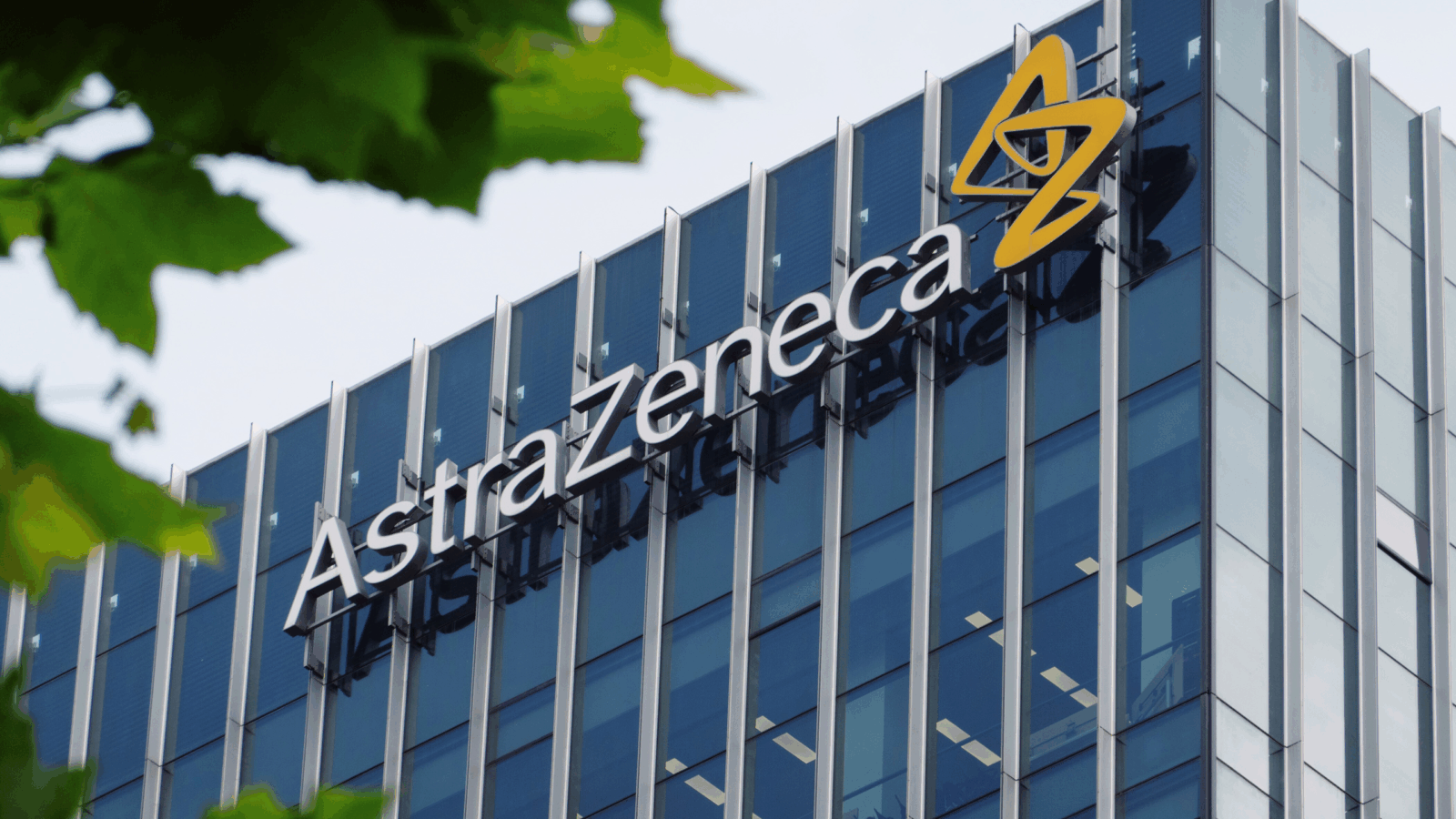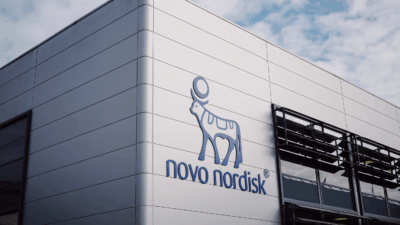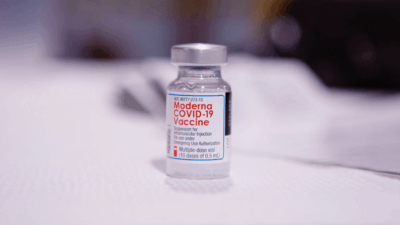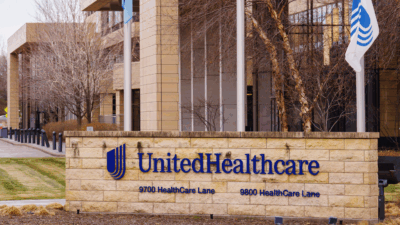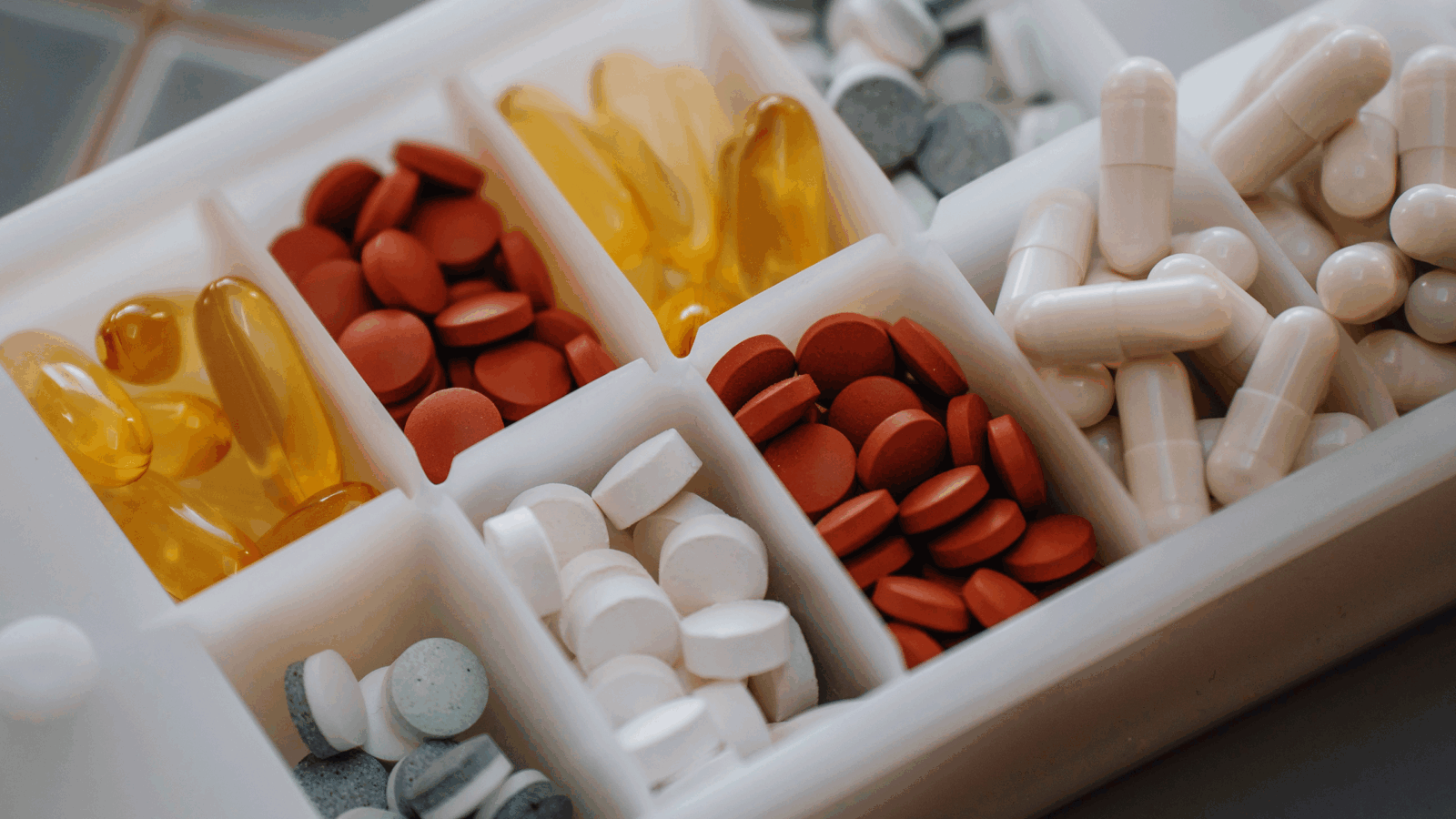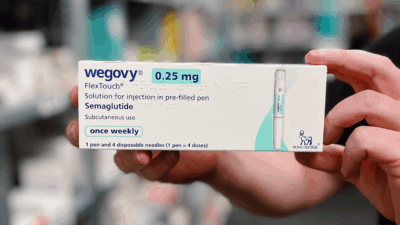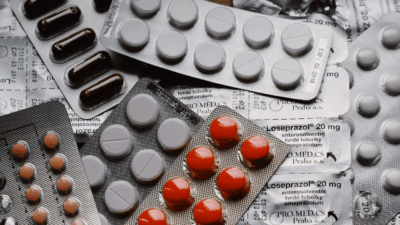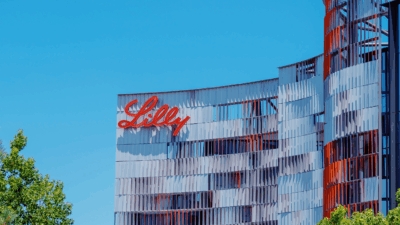It’s Settled: A Federal Judge Approves A Nationwide Payout For Purdue Pharma
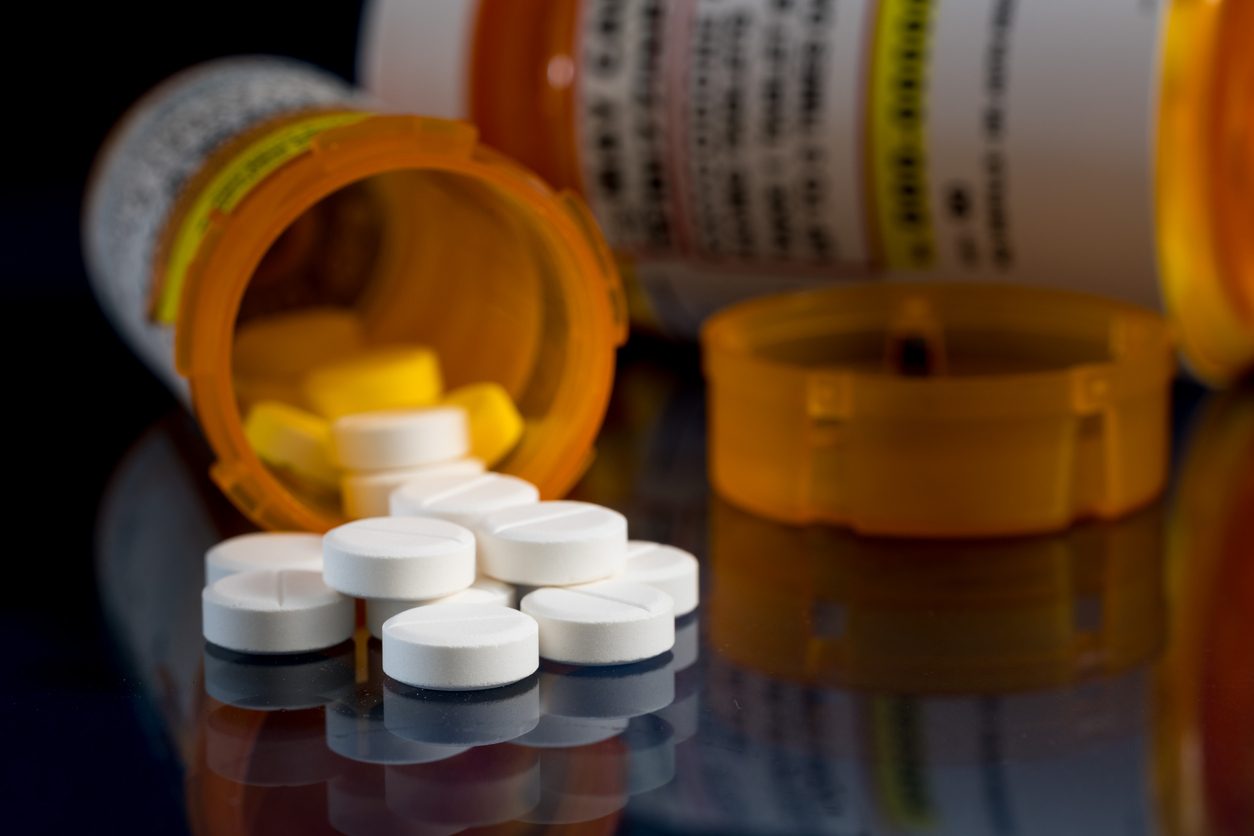
Sign up for smart news, insights, and analysis on the biggest financial stories of the day.
Purdue Pharma first introduced its signature painkiller OxyContin to the market in 1996, and experts have since painted the company as one of the chief culprits of an ensuing opioid epidemic that has been linked to the deaths of over 500,000 Americans in the last two decades.
On Wednesday, the Purdue-owning Sackler family came one step closer to facing justice when a federal bankruptcy judge approved a nationwide settlement that will transform the company into a public trust and pay out billions of dollars to its victims and their families.
Earning The Public’s Trust
Purdue first filed for bankruptcy in 2019 amid thousands of lawsuits, headlined by a suit led by attorney generals from 20 states and the District of Columbia. That case initially came to a settlement last September, but eight states and DC successfully appealed by arguing the Sacklers were not appropriately held accountable.
Under the new agreement, the family will be paying out billions more:
- The new settlement will see the Sacklers pay between $5.5 and $6 billion toward efforts to stem the opioid crisis, an increase of $1.2 billion from last year’s settlement; the family will also cede ownership of Purdue, which will transform into public trust Knoa Pharma that will send its profits to fighting the drug epidemic.
- In total, the settlement could be worth over $10 billion over time, with $750 million designated for victims and their families, $100 million for children born in opioid withdrawal, and $150 million for Native American tribes; most of the rest will go to states and local government programs.
Civil vs. Criminal: Part of the settlement does give the Sacklers immunity from future civil suits, but not criminal charges. Already, seven US senators have requested the Department of Justice consider charges.
Industry Standard: Johnson & Johnson, as well as wholesalers AmerisourceBergen, Cardinal Health, and McKesson, settled a lawsuit in February over their own role in the opioid crisis; the companies will send $26 billion to nearly every state and local government in the US.
